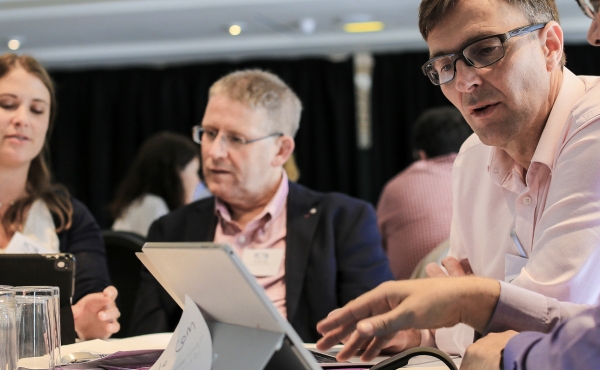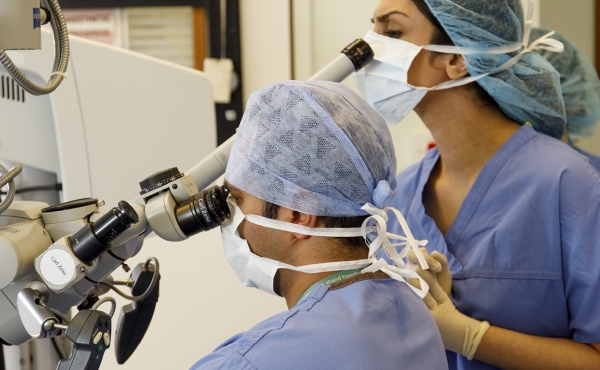2021 Curriculum Assessment consultation
Assessments consultation
As part of the 2021 curriculum change we have updated supervised learning events and developed some new assessment types to support the development of anaesthetists in training.
Analysis and findings
Thank you to everyone who had the opportunity to respond to the consultation. The information we have is very useful and will help us finalise the work around the updated and new assessments including creating educational and support material for trainers and anaesthetists in training, and to provide evidence to the GMC for ultimate approval of the curriculum.
Before undertaking a comprehensive analysis of the data in the new year, we wanted to report on the high-level findings.
Supervised Learning Events (SLE) and Supervision Levels
There was general agreement that the use of supervision levels would be an effective way of guiding and monitoring progress (85.7%) and that this wouldn’t be burdensome for assessors (82.1%). However, a reasonable proportion of respondents felt that the College will need to provide additional support (35.7%) and that there are potential consequences, positive or negative, inherent in the use of supervision levels (53.6%).
The supervision level is intended to record that which the anaesthetist in training requires for that activity at the time the SLE is completed, rather than to record the actual location of the supervisor during that case. It is an evaluation of the anaesthetist in training’s ability and the supervisor’s confidence in that ability and is intended to promote developmental conversations and therefore learning.
Holistic Assessment of Learning Outcomes (HALO)
There was general agreement that the use of HALOS would be an effective way of demonstrating completion of learning outcomes (75.0%) but there was concern of the burden on assessors, with general disagreement that HALOs would not be unnecessarily burdensome (54.2%).
Since the survey was launched, steps have already been taken to simplify this process. In the clinical domains of learning, the key capabilities will be ‘clustered’ around common blocks of evidence so that not every key capability will need to be signed off individually. The development of faculties of assessment will be key in helping assessors manage the HALO process and information about this will be provided as we roll out a ‘train the trainer’ programme next year. We are also developing a guidance ‘handbook’ and a range of support materials will be developed and hosted on the College website.
Multiple Trainer Reports (MTR)
There was general agreement that the use MTRs would be an effective way of communicating an anaesthetists in training’s progress (76.0%) but there was concern of the burden on assessors, particularly College Tutors, with general disagreement that HALOs would not be unnecessarily burdensome (54.2%).
Initial research had indicated that the College Tutor is currently the person coordinating consultant feedback in most areas and we will ensure that this is covered as part of the support and education programme and materials. MTRs are expected to provide feedback across the curriculum and can be linked to multiple HALOs. They will only be required once per year with some exceptional additions to cover specific areas of training, such as the Initial Assessment of Competence. The MTR will be set up on the LLp to ensure that the process is straightforward to initiate and complete.
It is also worth emphasising that the Multi Source Feedback will continue to be a feature in the new curriculum, much as it does now. The MTR differs from an MSF as it concerns an anaesthetist’s training progress with key capabilities and learning outcomes whereas the MSF seeks feedback from the multidisciplinary team, including consultants, on overall professional behaviour and attitude.


